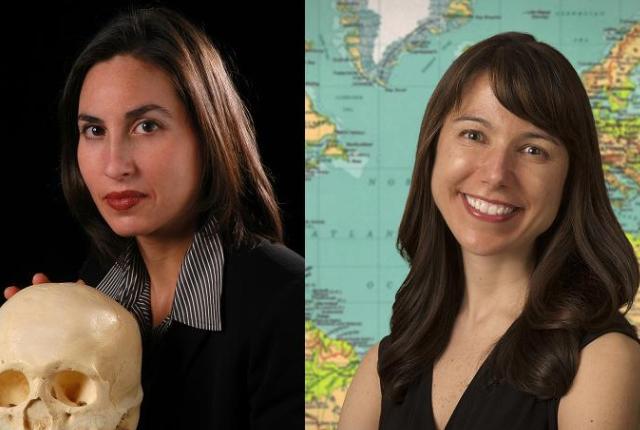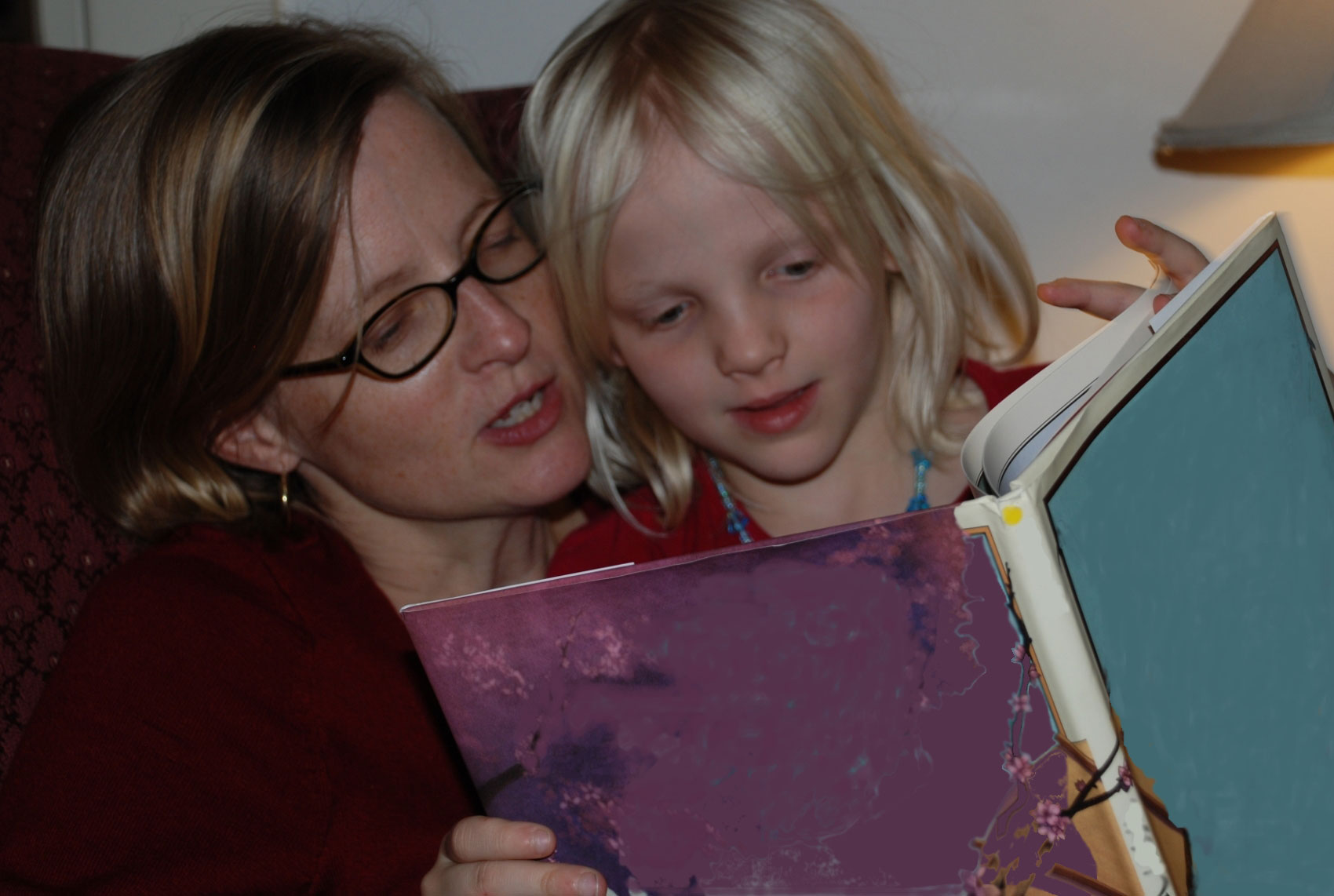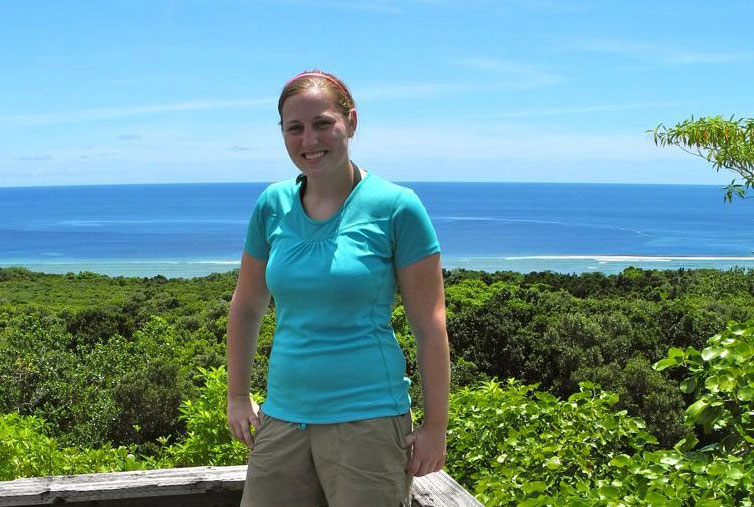Dec 27, 2012
Parents are Key to Preventing Substance Use
New research from NC State, Brigham Young University and the Penn State University finds that parental involvement is more important than the school environment when it comes to preventing or limiting alcohol and marijuana use by children. “Parents play an important role in shaping the decisions their children make when it comes to alcohol and marijuana,” says Toby Parcel, professor of sociology at NC State and co-author of a paper on the work. “School programs that address alcohol and marijuana use are definitely valuable, but the bonds parents form with their children are more important. Ideally, we can have both.”









